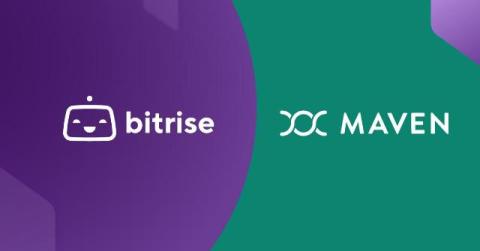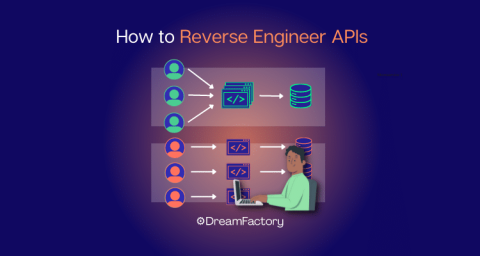Cash to eCash: A Dive into Digital Wallet App Development
With the world revolutionizing at a fast pace, digital wallets have become the new banking norm, allowing customers to do things on the go. Online transactions have already become an integral part of our lives, rather becoming an an essential aspect, particularly with the acceleration of digital transformation services. Of course, there are many options for making payments online, including digital wallets, bitcoin, online banks, and credit cards.











